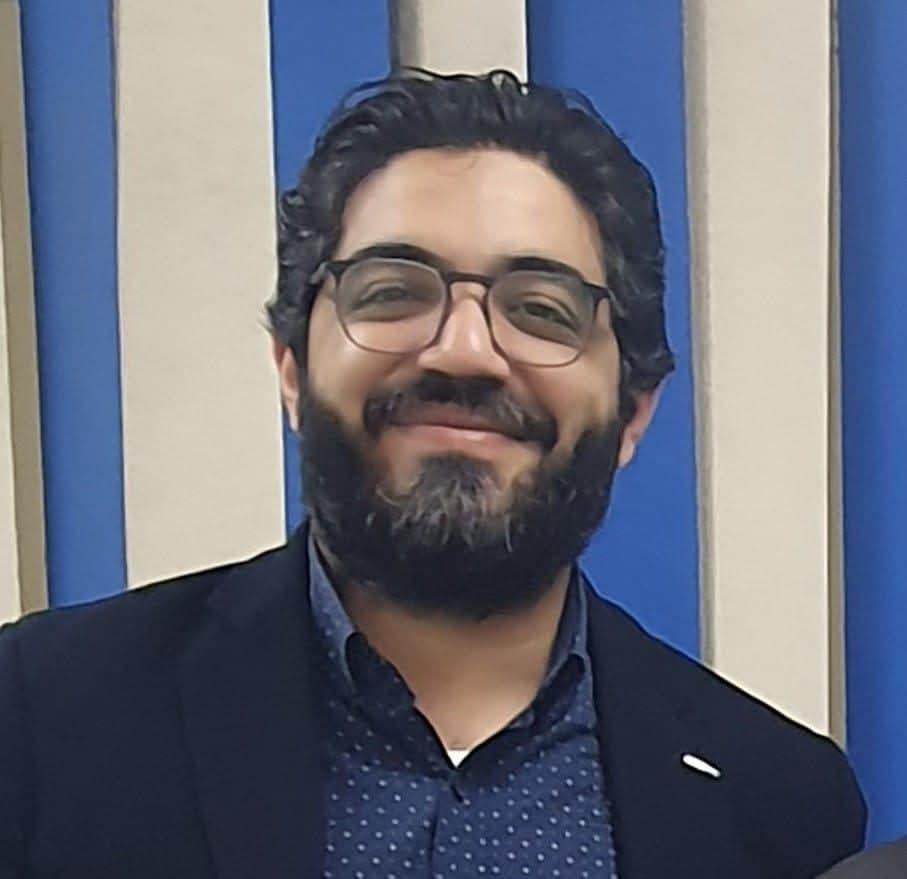Dr. Mohamed El-Nabrawy | Consultant in Cancer Surgery, Laparoscopy, and Obesity Surgery
Dr. Mohamed El-Nabrawy is a consultant in cancer surgery, general surgery, and laparoscopic procedures, specializing in the treatment of cancer and obesity using the latest medical technologies. He has extensive experience in abdominal, breast, liver, stomach, and endocrine gland surgeries, as well as in advanced laparoscopic procedures, making him one of the leading experts in his field. Dr. El-Nabrawy is also a member of both the Egyptian and International Societies of Bariatric Surgery.
Medical Specializations of Dr. Mohamed El-Nabrawy:
Dr. Mohamed El-Nabrawy specializes in a wide range of advanced surgeries:
Cancer Surgery:
Colon Cancer Surgery
Liver Cancer Surgery
Stomach Cancer Surgery
Breast Cancer Surgery
Gynecological Cancer Surgery
Laparoscopic Surgery:
Gastrointestinal Surgery using laparoscopy
Endocrine Surgery using laparoscopy
Obesity Surgery using laparoscopic techniques
Obesity and Weight Loss Surgery:
Gastric Sleeve Surgery
Gastric Bypass Surgery
Biliopancreatic Diversion
Gynecological Cancer Surgery
General Pediatric Surgery
Education and Academic Experience:
Dr. Mohamed El-Nabrawy has an advanced academic background in surgery:
2015: Fellow at the College of Physicians and Surgeons, Harvard Medical School, USA, reflecting his high level of expertise in cancer and laparoscopic surgery.
Professional Experience:
Dr. El-Nabrawy has extensive professional experience in many reputable medical institutions:
2014 – Present: Consultant in Cancer Surgery, General Surgery, and Laparoscopy at Dar El-Salam Cancer Center, providing surgical treatments for various cancers.
2012 – 2014: Specialist in General Surgery and Laparoscopic Surgery at Ahmed Maher Teaching Hospital.
2011 – 2015: Researcher in Liver, Gallbladder, and Pancreas Surgery using Laparoscopy at the National Liver Institute.
2010 – Present: Member of the Egyptian Society of Laparoscopic Surgery.
2017 – Present: Consultant Surgeon at ABC Hospital, Mohandessin, offering specialized care to patients.
2019 – Present: Consultant in Advanced Laparoscopic Surgery, Obesity, and Cancer at Shifa Hospital, New Cairo.
2014 – Present: Consultant in Advanced Laparoscopic Surgery, Cancer, and Obesity at the Charitable Clinic in Hadaeq Helwan.
Services Provided by Dr. Mohamed El-Nabrawy:
Dr. Mohamed El-Nabrawy offers a wide range of surgical and medical services:
Cancer Treatment:
Colon Cancer Surgery: Removal of colon tumors using laparoscopic and traditional surgery.
Liver and Stomach Cancer Surgery: Surgical removal of tumors in the liver and stomach through advanced techniques.
Breast Cancer Surgery: Performing tumor removal in the breast using the latest surgical methods.
Gynecological Cancer Surgery: Surgery for ovarian and uterine cancers with advanced techniques.
Obesity Surgery:
Treatment of severe obesity through laparoscopic procedures such as gastric sleeve and gastric bypass.
Advanced Laparoscopic Surgery:
Performing various laparoscopic surgeries to treat gastrointestinal diseases, endocrine disorders, and other medical conditions.
Consultation Details:
Consultation Fee: 600 EGP.
Waiting Time: 13 minutes.
Free Consultation: Free consultation for 7 days after the appointment.
Clinic Address:
CMC Clinic, 20 B1, 162 North 90th Street, New Cairo, Cairo Governorate, Egypt.
Contact and Appointment Booking:
Phone Number: 0120 167 3592
Why Choose Dr. Mohamed El-Nabrawy?
Extensive Experience: Dr. Mohamed El-Nabrawy has over 10 years of experience in cancer surgery and laparoscopy.
Advanced Techniques: He uses the latest laparoscopic techniques for obesity treatment and cancer surgery, resulting in faster recovery times.
Comprehensive Care: Dr. El-Nabrawy provides complete care from diagnosis to treatment and post-surgery follow-ups.
Reputable Medical Background: With prestigious academic credentials and extensive professional experience, Dr. El-Nabrawy is one of the leading surgeons in his field.

